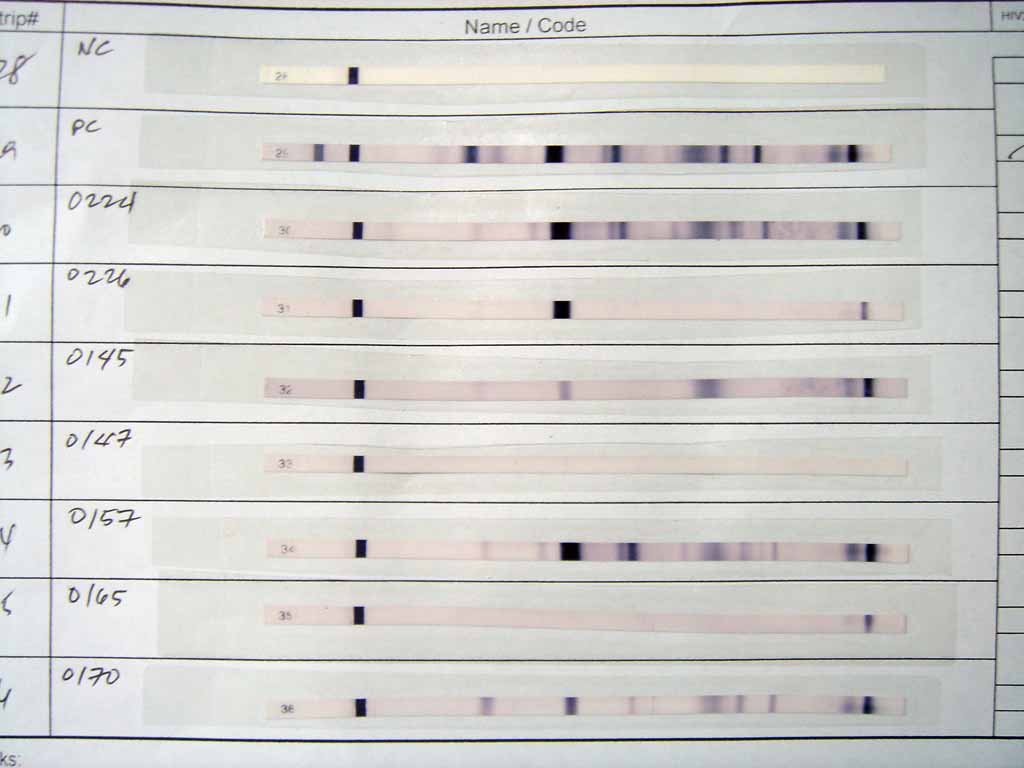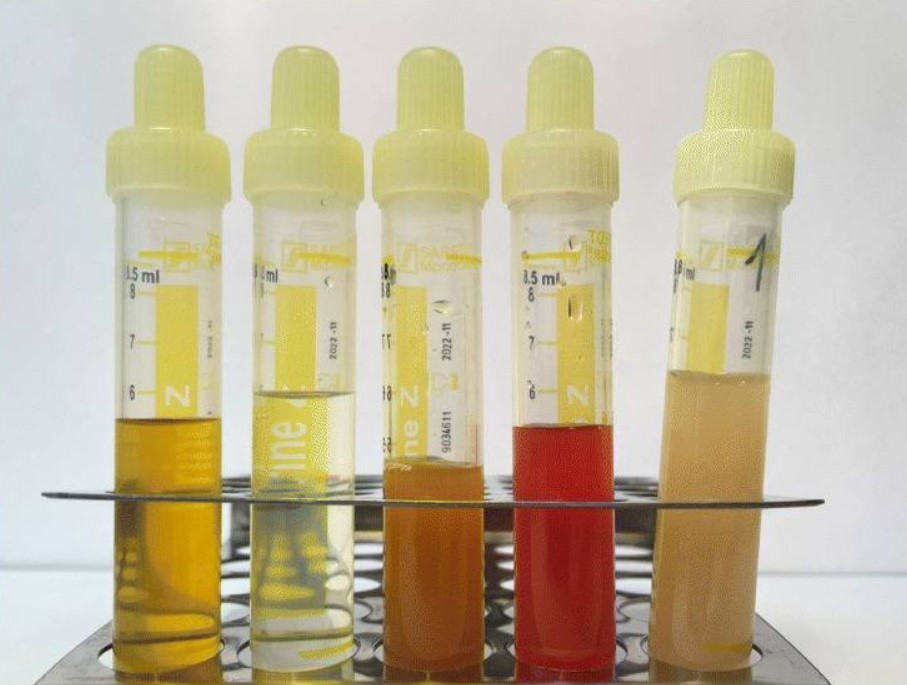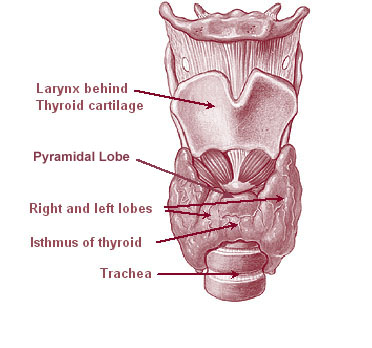|
Bipolar I
Bipolar I disorder (BD-I; pronounced "type one bipolar disorder") is a type of bipolar spectrum disorder characterized by the occurrence of at least one manic episode, with or without mixed or psychotic features. Most people also, at other times, have one or more depressive episodes, and all experience a hypomanic stage before progressing to full mania. It is a type of bipolar disorder and conforms to the classic concept of manic-depressive illness, which can include psychosis during mood episodes. Diagnosis The essential feature of bipolar I disorder is a clinical course characterized by the occurrence of one or more manic episodes or mixed episodes. Often, individuals have had one or more major depressive episodes. One episode of mania is sufficient to make the diagnosis of bipolar disorder; the person may or may not have a history of major depressive disorder. Episodes of substance-induced mood disorder due to the direct effects of a medication, or other somatic treatments ... [...More Info...] [...Related Items...] OR: [Wikipedia] [Google] [Baidu] |
Bipolar Spectrum Disorder
Bipolar disorder, previously known as manic depression, is a mental disorder characterized by periods of depression and periods of abnormally elevated mood that last from days to weeks each. If the elevated mood is severe or associated with psychosis, it is called mania; if it is less severe, it is called hypomania. During mania, an individual behaves or feels abnormally energetic, happy or irritable, and they often make impulsive decisions with little regard for the consequences. There is usually also a reduced need for sleep during manic phases. During periods of depression, the individual may experience crying and have a negative outlook on life and poor eye contact with others. The risk of suicide is high; over a period of 20 years, 6% of those with bipolar disorder died by suicide, while 30–40% engaged in self-harm. Other mental health issues, such as anxiety disorders and substance use disorders, are commonly associated with bipolar disorder. While the causes of ... [...More Info...] [...Related Items...] OR: [Wikipedia] [Google] [Baidu] |
Bipolar II
Bipolar II disorder (BP-II) is a mood disorder on the bipolar spectrum, characterized by at least one episode of hypomania and at least one episode of major depression. Diagnosis for BP-II requires that the individual must never have experienced a full manic episode. Otherwise, one manic episode meets the criteria for bipolar I disorder (BP-I). Hypomania is a sustained state of elevated or irritable mood that is less severe than mania yet may still significantly affect the quality of life and result in permanent consequences including reckless spending, damaged relationships and poor judgment. Unlike mania, hypomania is not associated with psychosis. The hypomanic episodes associated with BP-II must last for at least four days. Commonly, depressive episodes are more frequent and more intense than hypomanic episodes. Additionally, when compared to BP-I, type II presents more frequent depressive episodes and shorter intervals of well-being. The course of BP-II is more chronic and ... [...More Info...] [...Related Items...] OR: [Wikipedia] [Google] [Baidu] |
Schizophreniform Disorder
Schizophreniform disorder is a mental disorder diagnosed when symptoms of schizophrenia are present for a significant portion of time (at least a month), but signs of disturbance are not present for the full six months required for the diagnosis of schizophrenia. The symptoms of both disorders can include delusions, hallucinations, disorganized speech, disorganized or catatonic behavior, and social withdrawal. While impairment in social, occupational, or academic functioning is required for the diagnosis of schizophrenia, in schizophreniform disorder an individual's level of functioning may or may not be affected. While the onset of schizophrenia is often gradual over a number of months or years, the onset of schizophreniform disorder can be relatively rapid. Like schizophrenia, schizophreniform disorder is often treated with antipsychotic medications, especially the atypicals, along with a variety of social supports (such as individual psychotherapy, family therapy, occupat ... [...More Info...] [...Related Items...] OR: [Wikipedia] [Google] [Baidu] |
Pregnancy Test
A pregnancy test is used to determine whether a female is pregnant or not. The two primary methods are testing for the female pregnancy hormone (human chorionic gonadotropin (hCG)) in blood or urine using a pregnancy test kit, and scanning with ultrasonography. Testing blood for hCG results in the earliest detection of pregnancy. Almost all pregnant women will have a positive urine pregnancy test one week after the first day of a missed menstrual period. Types Human chorionic gonadotropin (hCG) Identified in the early 20th century, human chorionic gonadotropin (hCG) is a glycoprotein hormone that rises quickly in the first few weeks of pregnancy, typically reaching a peak at 8- to 10-weeks gestational age. hCG is produced by what will become the placenta. hCG testing can be performed with a blood ( serum) sample (typically done in a medical facility) or with urine (which can be performed in a medical facility or at home). The assays used to detect the presence of hCG in b ... [...More Info...] [...Related Items...] OR: [Wikipedia] [Google] [Baidu] |
Syphilis Serodiagnosis
Syphilis () is a sexually transmitted infection caused by the bacterium ''Treponema pallidum'' subspecies ''pallidum''. The signs and symptoms of syphilis vary depending in which of the four stages it presents (primary, secondary, latent, and tertiary). The primary stage classically presents with a single chancre (a firm, painless, non-itchy skin ulceration usually between 1 cm and 2 cm in diameter) though there may be multiple sores. In secondary syphilis, a diffuse rash occurs, which frequently involves the palms of the hands and soles of the feet. There may also be sores in the mouth or vagina. In latent syphilis, which can last for years, there are few or no symptoms. In tertiary syphilis, there are gummas (soft, non-cancerous growths), neurological problems, or heart symptoms. Syphilis has been known as "the great imitator" as it may cause symptoms similar to many other diseases. Syphilis is most commonly spread through sexual activity. It may also be transmitte ... [...More Info...] [...Related Items...] OR: [Wikipedia] [Google] [Baidu] |
Diagnosis Of HIV/AIDS
HIV tests are used to detect the presence of the human immunodeficiency virus (HIV), the virus that causes acquired immunodeficiency syndrome (AIDS), in serum, saliva, or urine. Such tests may detect antibodies, antigens, or RNA. AIDS diagnosis AIDS is diagnosed separately from HIV. Terminology The window period is the time from infection until a test can detect any change. The average window period with HIV-1 antibody tests is 25 days for subtype B. Antigen testing cuts the window period to approximately 16 days and nucleic acid testing (NAT) further reduces this period to 12 days. Performance of medical tests is often described in terms of: * Sensitivity: The percentage of the results that will be positive when HIV is present * Specificity: The percentage of the results that will be negative when HIV is not present. All diagnostic tests have limitations, and sometimes their use may produce erroneous or questionable results. * False positive: The test incorrectly i ... [...More Info...] [...Related Items...] OR: [Wikipedia] [Google] [Baidu] |
Folate
Folate, also known as vitamin B9 and folacin, is one of the B vitamins. Manufactured folic acid, which is converted into folate by the body, is used as a dietary supplement and in food fortification as it is more stable during processing and storage. Folate is required for the body to make DNA and RNA and metabolise amino acids necessary for cell division. As humans cannot make folate, it is required in the diet, making it an essential nutrient. It occurs naturally in many foods. The recommended adult daily intake of folate in the U.S. is 400 micrograms from foods or dietary supplements. Folate in the form of folic acid is used to treat anemia caused by folate deficiency. Folic acid is also used as a supplement by women during pregnancy to reduce the risk of neural tube defects (NTDs) in the baby. Low levels in early pregnancy are believed to be the cause of more than half of babies born with NTDs. More than 80 countries use either mandatory or voluntary fortification of ... [...More Info...] [...Related Items...] OR: [Wikipedia] [Google] [Baidu] |
Vitamin B12
Vitamin B12, also known as cobalamin, is a water-soluble vitamin involved in metabolism. It is one of eight B vitamins. It is required by animals, which use it as a cofactor in DNA synthesis, in both fatty acid and amino acid metabolism. It is important in the normal functioning of the nervous system via its role in the synthesis of myelin, and in the circulatory system in the maturation of red blood cells in the bone marrow. Plants do not need cobalamin and carry out the reactions with enzymes that are not dependent on it. Vitamin B12 is the most chemically complex of all vitamins, and for humans, the only vitamin that must be sourced from animal-derived foods or from supplements. Only some archaea and bacteria can synthesize vitamin B12. Most people in developed countries get enough B12 from the consumption of meat or foods with animal sources. Foods containing vitamin B12 include meat, clams, liver, fish, poultry, eggs, and dairy products. Many breakfast cereals are ... [...More Info...] [...Related Items...] OR: [Wikipedia] [Google] [Baidu] |
Urinalysis
Urinalysis, a portmanteau of the words ''urine'' and ''analysis'', is a panel of medical tests that includes physical (macroscopic) examination of the urine, chemical evaluation using urine test strips, and microscopic examination. Macroscopic examination targets parameters such as color, clarity, odor, and specific gravity; urine test strips measure chemical properties such as pH, glucose concentration, and protein levels; and microscopy is performed to identify elements such as cells, urinary casts, crystals, and organisms. Background Urine is produced by the filtration of blood in the kidneys. The formation of urine takes place in microscopic structures called nephrons, about one million of which are found in a normal human kidney. Blood enters the kidney though the renal artery and flows through the kidney's vasculature into the Glomerulus (kidney), glomerulus, a tangled knot of capillaries surrounded by Bowman's capsule. The glomerulus and Bowman's capsule together form t ... [...More Info...] [...Related Items...] OR: [Wikipedia] [Google] [Baidu] |
Renal Function
Assessment of kidney function occurs in different ways, using the presence of symptoms and signs, as well as measurements using urine tests, blood tests, and medical imaging. Functions of a healthy kidney include maintaining a person's fluid balance, maintaining an acid-base balance; regulating electrolytes including sodium, potassium, and other electrolytes; clearing toxins; regulating blood pressure; and regulating hormones, such as erythropoietin; and activation of vitamin D. Introduction The functions of the kidney include maintenance of acid-base balance; regulation of fluid balance; regulation of sodium, potassium, and other electrolytes; clearance of toxins; absorption of glucose, amino acids, and other small molecules; regulation of blood pressure; production of various hormones, such as erythropoietin; and activation of vitamin D. Much of renal physiology is studied at the level of the nephron, the smallest functional unit of the kidney. Each nephron begins w ... [...More Info...] [...Related Items...] OR: [Wikipedia] [Google] [Baidu] |
Liver Function Tests
Liver function tests (LFTs or LFs), also referred to as a hepatic panel, are groups of blood tests that provide information about the state of a patient's liver. These tests include prothrombin time (PT/INR), activated partial thromboplastin time (aPTT), albumin, bilirubin (direct and indirect), and others. The liver transaminases aspartate transaminase (AST or SGOT) and alanine transaminase (ALT or SGPT) are useful biomarkers of liver injury in a patient with some degree of intact liver function. Most liver diseases cause only mild symptoms initially, but these diseases must be detected early. Hepatic (liver) involvement in some diseases can be of crucial importance. This testing is performed on a patient's blood sample. Some tests are associated with functionality (e.g., albumin), some with cellular integrity (e.g., transaminase), and some with conditions linked to the biliary tract (gamma-glutamyl transferase and alkaline phosphatase). Because some of these tests do not mea ... [...More Info...] [...Related Items...] OR: [Wikipedia] [Google] [Baidu] |
Thyroid Function Tests
The thyroid, or thyroid gland, is an endocrine gland in vertebrates. In humans it is in the neck and consists of two connected lobes. The lower two thirds of the lobes are connected by a thin band of tissue called the thyroid isthmus. The thyroid is located at the front of the neck, below the Adam's apple. Microscopically, the functional unit of the thyroid gland is the spherical thyroid follicle, lined with follicular cells (thyrocytes), and occasional parafollicular cells that surround a lumen containing colloid. The thyroid gland secretes three hormones: the two thyroid hormones triiodothyronine (T3) and thyroxine (T4)and a peptide hormone, calcitonin. The thyroid hormones influence the metabolic rate and protein synthesis, and in children, growth and development. Calcitonin plays a role in calcium homeostasis. Secretion of the two thyroid hormones is regulated by thyroid-stimulating hormone (TSH), which is secreted from the anterior pituitary gland. TSH is regulated ... [...More Info...] [...Related Items...] OR: [Wikipedia] [Google] [Baidu] |







